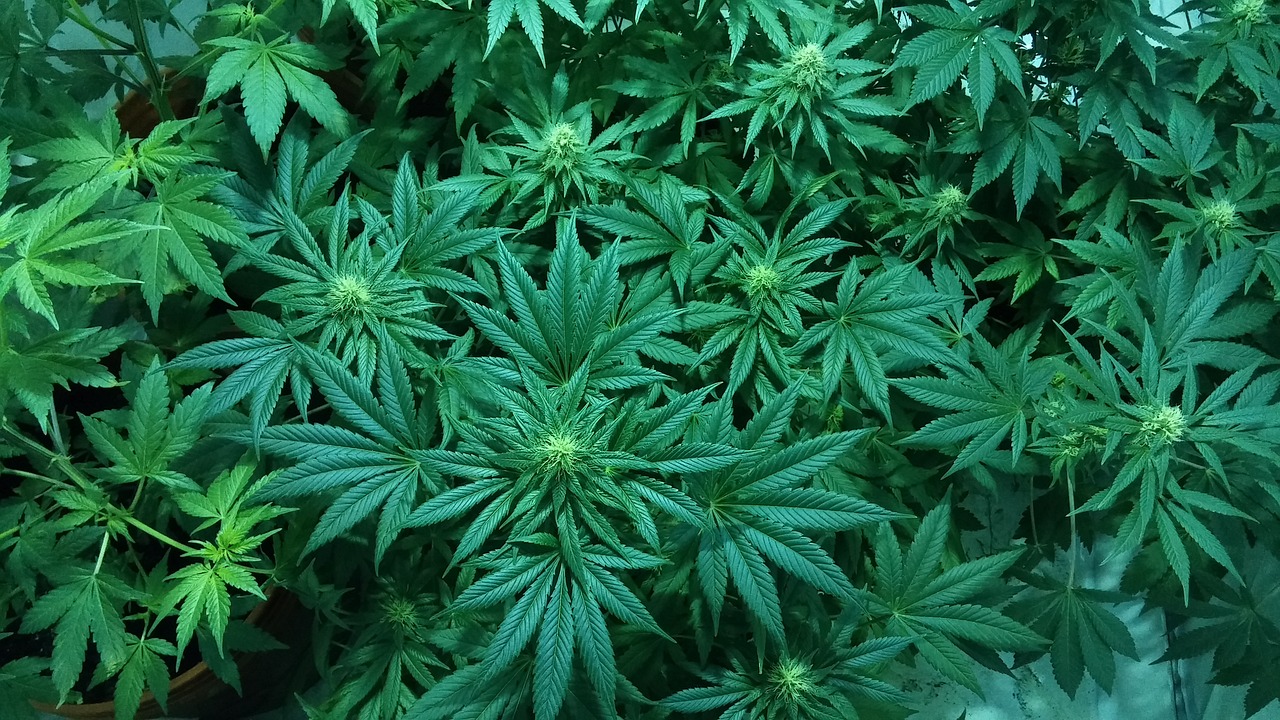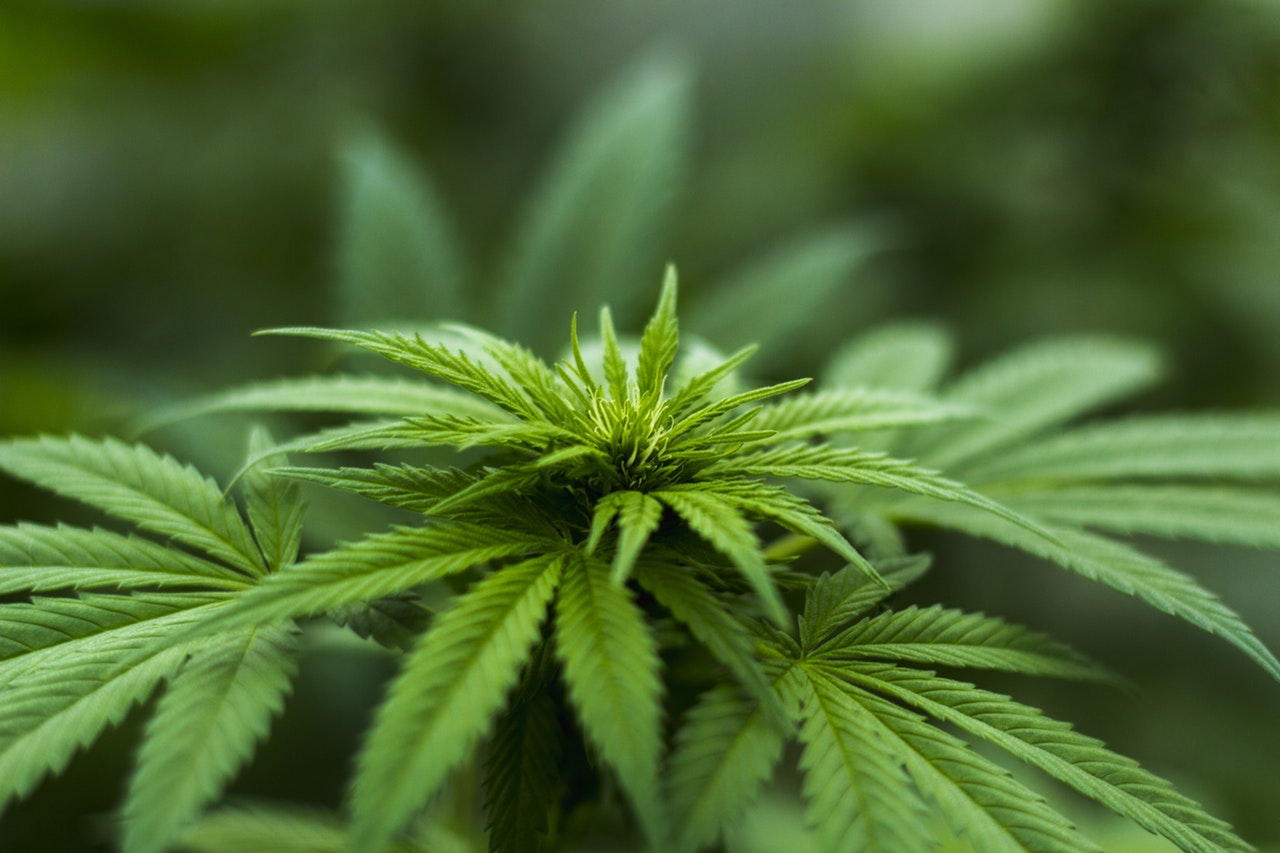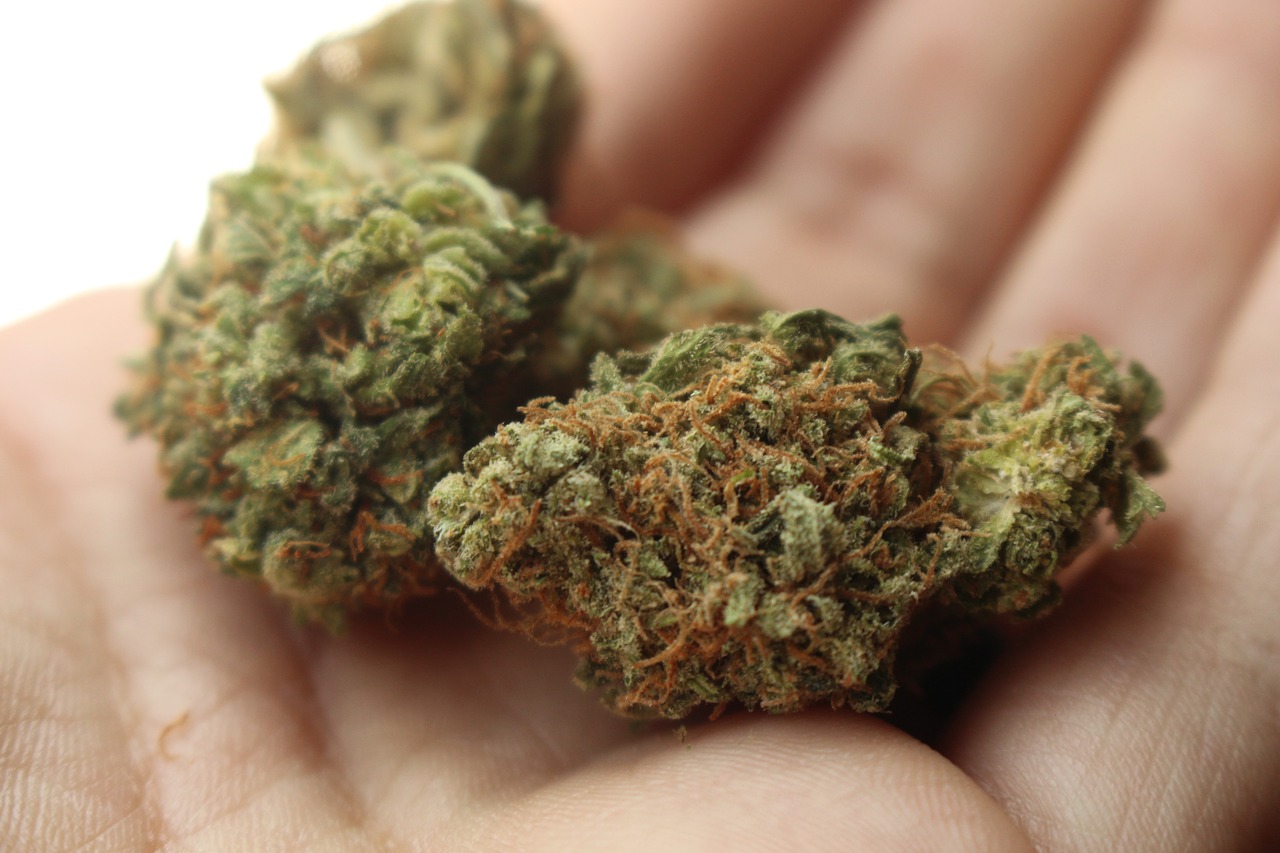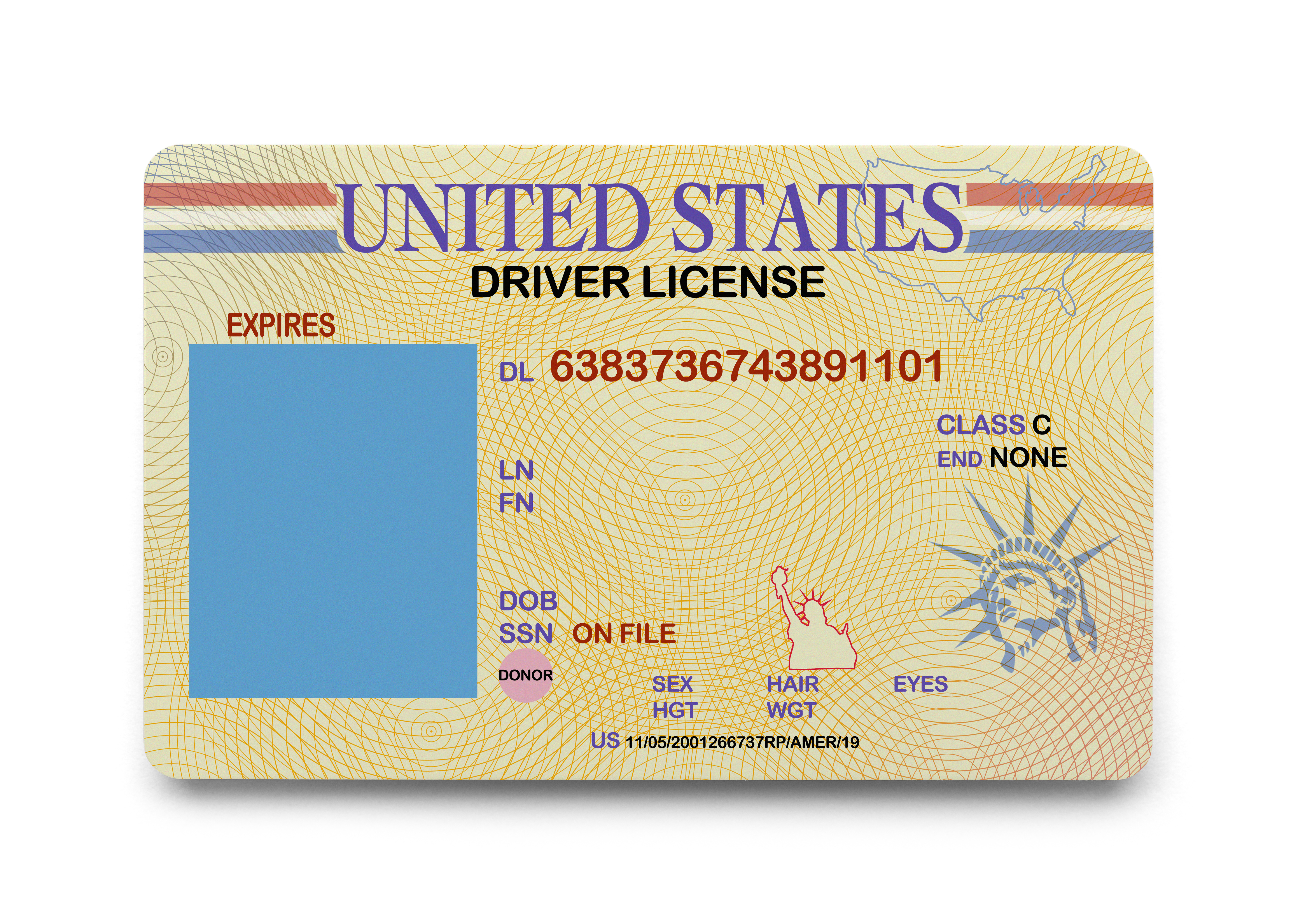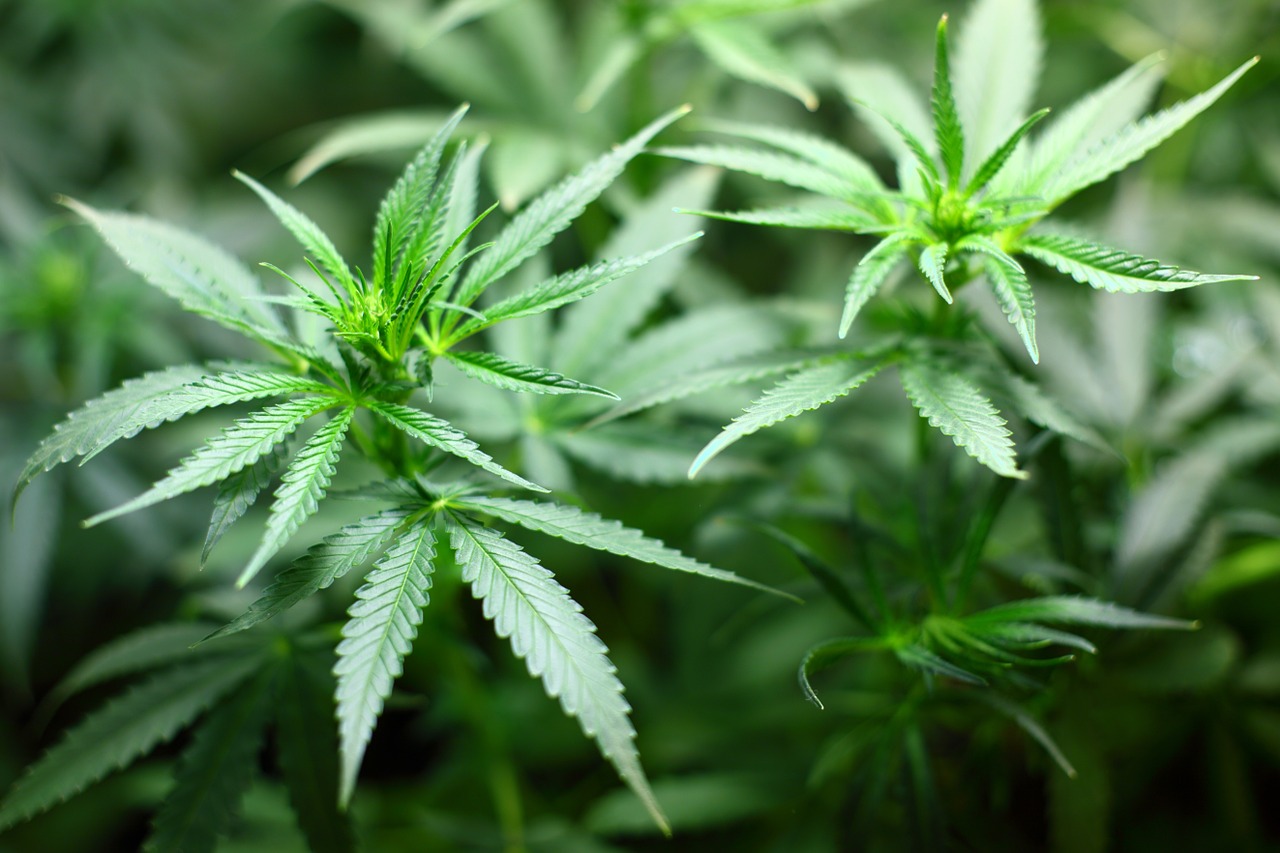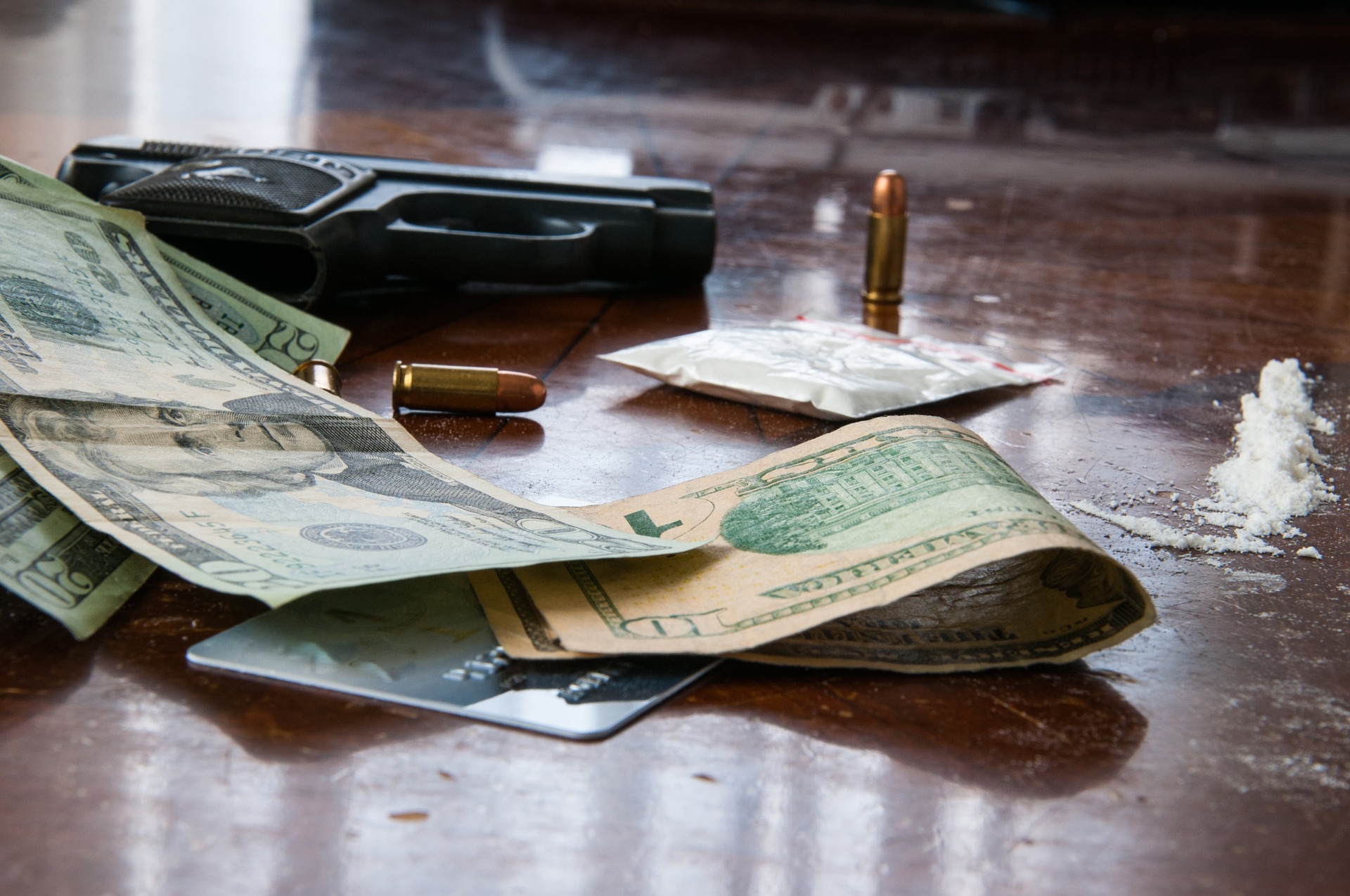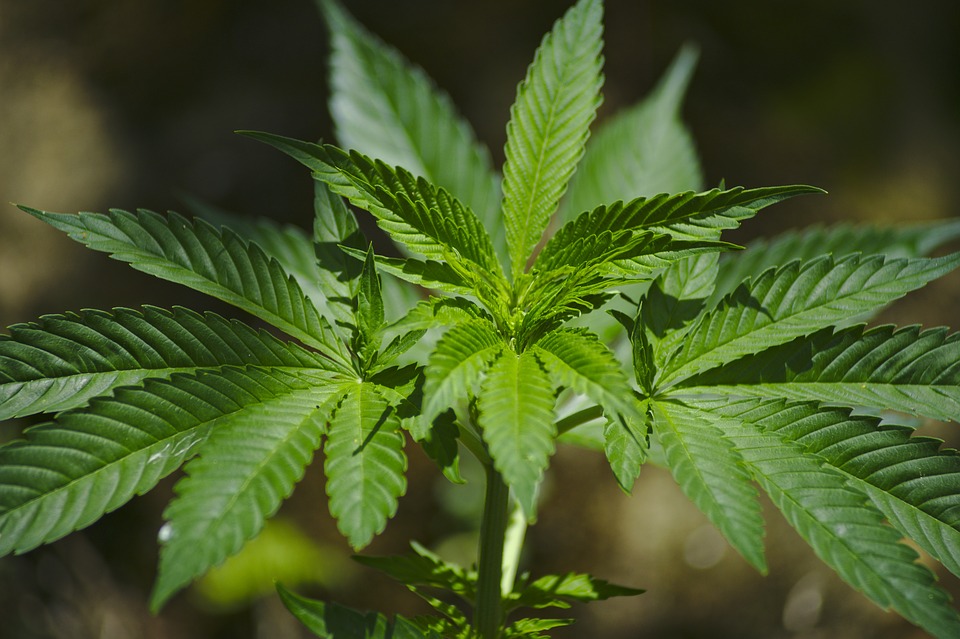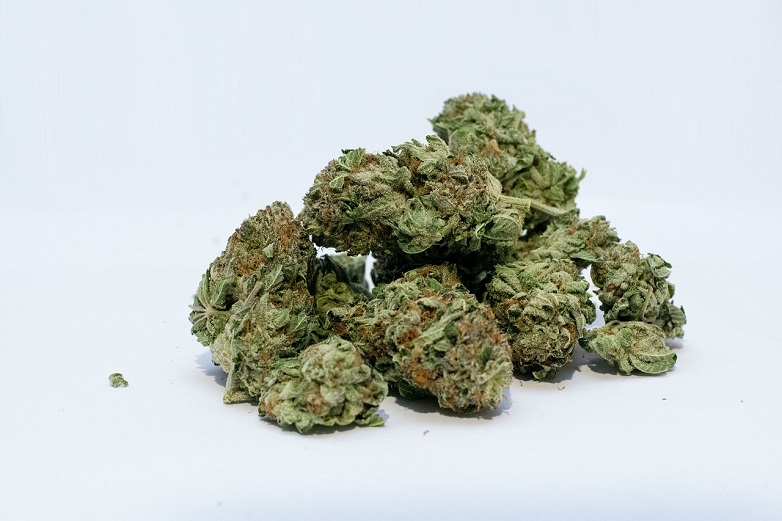Search
Michigan Recreational Marijuana Users Advised to Avoid Firearm Possession
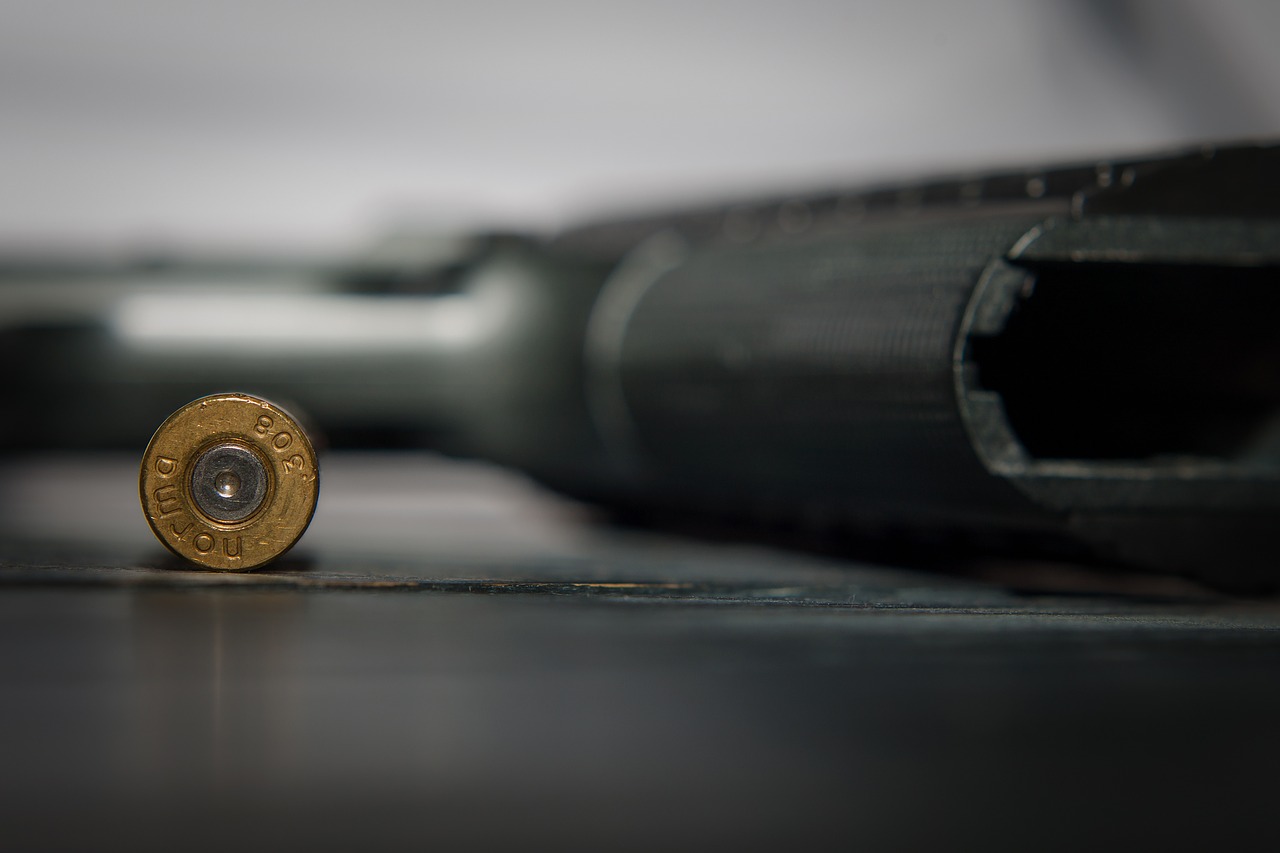
Now that Michigan has legalized the recreational use of marijuana, many citizens want to know how they can possess and use recreational marijuana without running afoul of the law. It will take many years for the legislators and courts to sort this all out, and in the meanwhile, recreational users may unknowingly place themselves at risk for criminal prosecution or other adverse legal consequences. One area that is particularly rife with such risks is the combination of marijuana and firearms.
An example of this this risk relates to the possession or use of marijuana while also being in the possession of a firearm. While this article focuses on State law there is also an interplay between Federal law and marijuana, and this interplay is the subject of a different article on this site.
As it relates to State law, Michigan gun owners should know that it is unlawful in Michigan to possess a firearm under the influence of alcohol, drugs or a combination of alcohol and drugs. There are two separate laws that apply to this scenario, one of which appears in the criminal code and one of which appears in the firearms statute. Both contain provisions applicable to the possession of a firearm under the influence of marijuana, but there are important differences as well.
 Michigan Criminal Defense Lawyer Blog
Michigan Criminal Defense Lawyer Blog


